Just in: Covid wipes out Isaac Stern’s Shanghai competition
NewsThe 3rd Shanghai Isaac Stern International Violin Competition has just decided that, due to COVID and travel issues, six finalists will not visit Shanghai but will present their performances online from August 26-28, 2022.
There will be no final placings.
Rino Yoshimoto (Japan), Thomas Lefort (France), Ruifeng Lin (China), Felicitas Schiffner (Germany), Angela Sin Ying Chan (Hong Kong, China), and Shannon Lee (United States) – will each be awarded a scholarship of $20,000 for future education and career development.
The competition, originally planned for 2020, was postponed to 2022 but still cannot take place.

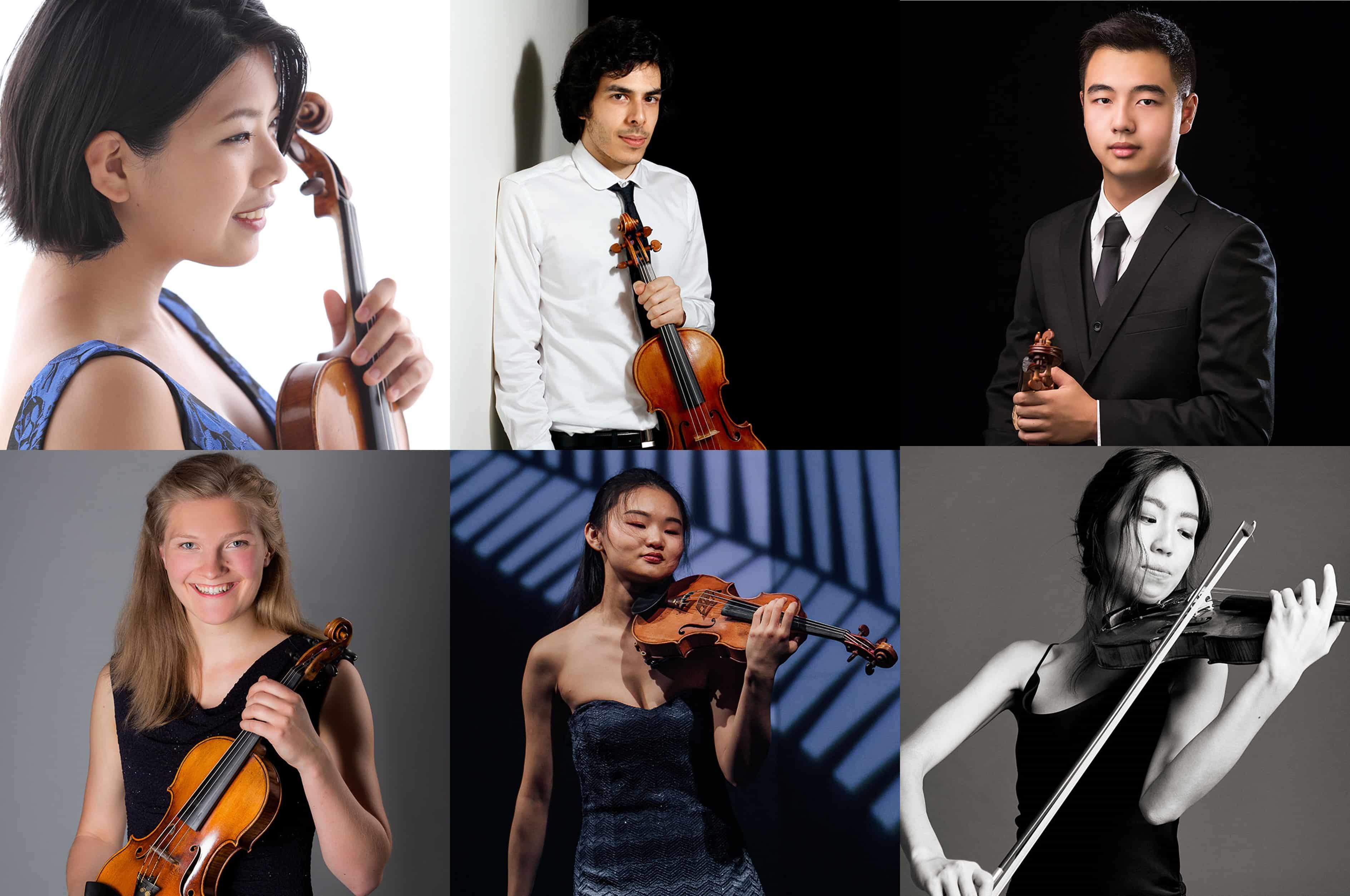
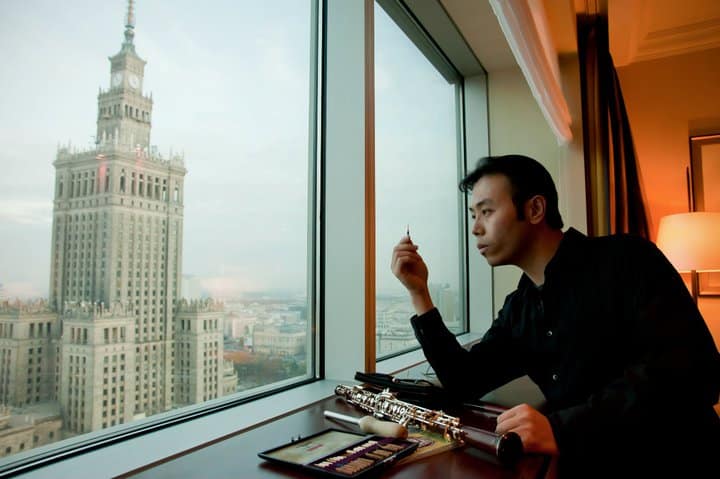
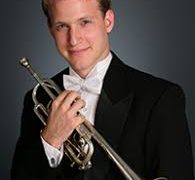
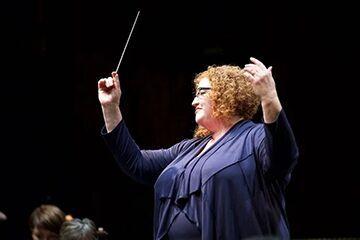
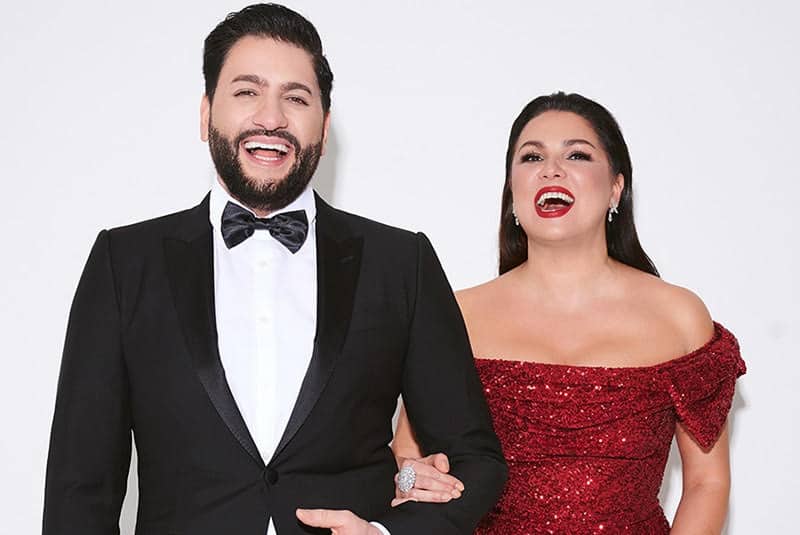
Good. Having witnessed this first hand it is even more BS than the any other competitions. I get it, it’s a stepping stone. But even I, in the biz, cannot name the last winner of any real majors. Competitions are hand-held sparklers. Win a big one, great. But good luck keeping that sparkler going. Their time is past.
I hope* this starts a trend of recognising a group of players rather than a ‘winner’.
*Unfortunately I also doubt that is likely.
It’s unfortunate this had to happen, but, as the unofficial Violin Competition League works we will likely hear them in other competitions, maybe alongside each other (50/50 chance) or at a Tier 1 championship like Indianapolis. The shared prize is remarkable, bravo to the competition for taking lemons and making lemonade.
Shannon Lee—have heard her in person at QE in Brussels. Outstanding young player whose level is beyond competing.
None of them are in IVCI 2022; Shannon Lee was a laureate in IVCI 2018.
IVCI was used as a tier 1 example. And indeed, I do hope Shannon Lee will just get on with her career without this tier 6/7 competition competition.
Perhaps:
Tier 1: Queen Elisabeth, Tchaikovsky Competition, Indianapolis
Tier 2: Paganini, Sibelius, Menuhin
Tier 3: Hannover, Nielsen
Tier 4: Wieniawski, ARD, Kreisler, Michael Hill
Tier 5: Montreal, Long-Thibaud, Naumberg, Enescu
Tier 6: Singapore, Sendai, Heifetz, Stern-Shanghai
Tier 7: Marteau, et al
Tier N/A: [delegitimized competitions organized by infamous professors]
This is clearly not a ranking made by an actual professional… so many wrong ideas.
To start with: Michael Hill, Naumberg, and Menuhin (for seniors) should be lower on list. Indianapolis is not of the same reputation as Queen Elisabeth. Sibelius should definitely be ranked higher than Paganini. Singapore, Sendai and Stern are above Heifetz. The list goes on…
Indeed, I am not a professional, I’m an architect from a musical family. Look at the tracks of the winners of these competitions. Sibelius? It’s usually in a 5-year cycle (latest was 7 year gap, thanks to the virus). Can you name the 2005, 2010, or 2015 winner without Google? Probably not.
I stand corrected: Heifetz competition, indeed muchos lower.
Indianapolis has greater prestige and prizes. It’s not hard to find where the previous laureates are now—dating back to the first edition. (The 2018 winner doesn’t seem to have made roads amid the challenge of the pandemic, but also because it seemed his facial expressions are part of his performance-challenging to present in mask, indeed)
Re: Sibelius: Alina Pogostkina, N Boriso-Glebsky, Christel Lee I believe… all people with established so-called soloist careers.
That Sibelius is only every 5 years adds to its prestige. Additionally, if we look at the competition as a whole, it has a great track record. I’m sure that winning Sibelius sets you up for a big career more than Indy – the concerti opportunities and performance prizes (besides Carnegie Hall recital debut, Indy does not offer anything particularly interesting) are much better.
The names you list are interesting:
Alina Pogostkina 1st Sibelius, 6th Indianapolis (2002)
Christel Lee 1st Sibelius (2015), 2nd prize at ARD (2013), and also the shortest Wikipedia entry prize.
Nikita Borisoglebsky 1st Sibelius, 2nd at Tchaikovsky, 5th at Queen Elisabeth, 3rd Montreal…
Just look at the list of 2002 winners at Indianapolis:
Barnabas Keleman, 2nd Sergey Khachatryan (later 1st at Queen Elisabeth), 3rd Soovin Kim (winner at Paganini), 4th Frank Huang (1st at Hannover and Naumberg), 6th Alina Pogostkina (later 1st at Sibelius)
2005 1st Augustin Hadelich
2010 1st Clara-Jumi Kang (5 years later she took 4th at Tchaikovsky, one must wonder why she felt the need to go for it)…6th prize Andrew Baranov (2012 First at Queen Elisabeth).
A few minutes of clarification later, yes, Indianapolis has a stronger track record than Sibelius.
“Besides a Carnegie Hall debut Indy doesn’t offer anything interesting”
Well, it includes four years of management, and the use of a Strad for four years— even Silver and Bronze are offered four years’ use of fine instruments, in addition to prize money.
Competitions are for horses, yes. But the competitions themselves should be qualified. QE, Sibelius, Indianapolis are all legitimate and winning one these days offers a fifteen minute boost.